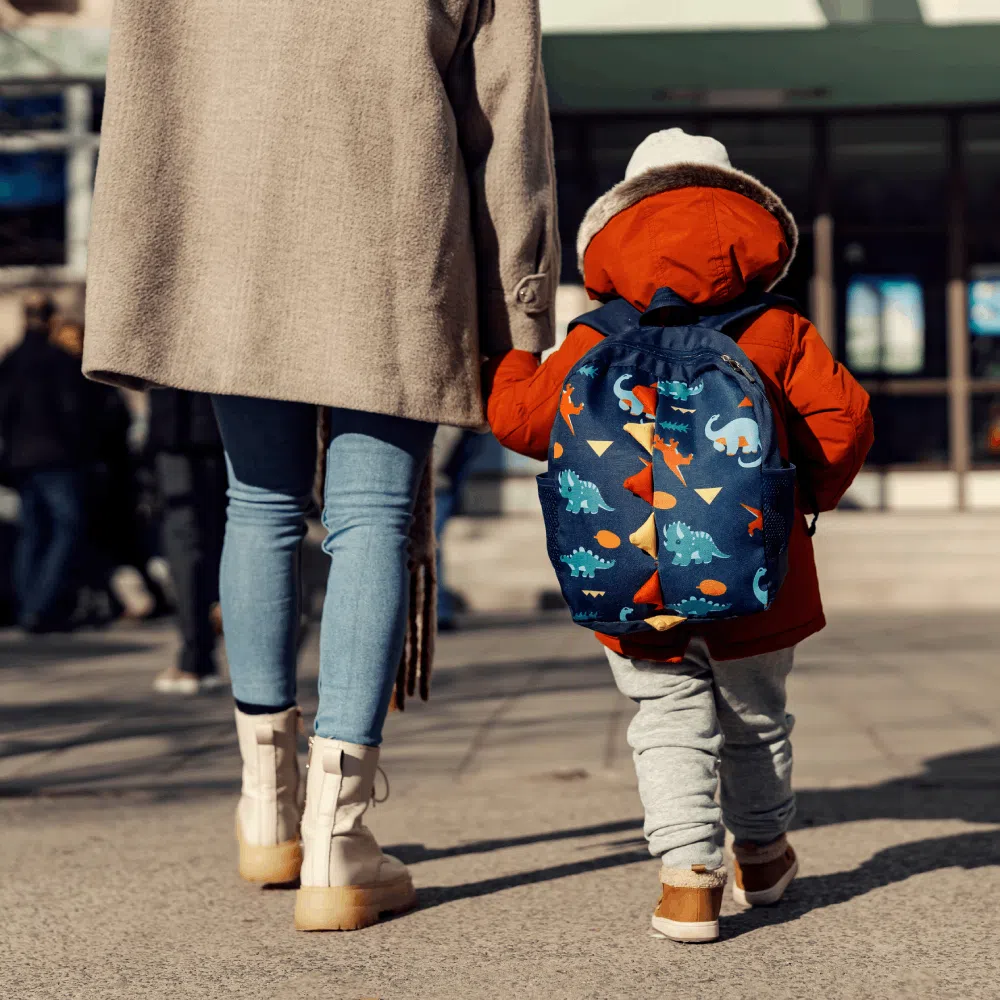Navigating school milestones can be tough for any child, but if you’re raising a 2020 baby, these challenges might feel especially unique. Born during a time of social distancing and limited community contact, these children are soon to step into schools that may feel overwhelming. They’ve grown up during a world-shifting moment, and their adjustment period might look different from their peers. But you’re not powerless—there are steps you can take to help your 2020 baby through school anxiety.
Recognizing the Signs of School Anxiety
Anxiety doesn’t always look the way you might expect. For a young child, it can show up as tears at drop-off, reluctance to leave home, or even stomachaches and tantrums. Watching for these signs ensures you can act early to support your child. Struggles to interact socially or difficulty separating from you, their trusted constant during early years, can be a natural response to their unique upbringings. Paying attention to these signals can guide your approach to easing their worries.
Building Routines They Can Rely On
Routines give kids a sense of security, and for 2020 babies, this is especially crucial. Predictable schedules can help them feel more in control when stepping into new environments. Consider creating a morning ritual together that involves some positivity and bonding before they head to class. Small steps like walking the same route to school or using a familiar lunchbox can make a world of difference. Knowing what comes next often provides reassurance they may not even know they need.
Encouraging Social Interaction Early
Developing social skills might take extra effort when children have had limited interactions in their formative years. There are also some issues that can have social consequences for your child, such as thumb sucking, may stem from separation anxiety. Soft, low-pressure exposure is key. Playdates, library story hours, or local community groups can help your little one practice making connections. Small, steady steps into socializing will build confidence over time.
Supporting Emotional Development Through Play
Play is a child’s language, and it’s one of the best tools to help them make sense of their experiences. Role-playing school scenarios, reading books about starting school, or even drawing pictures about their feelings can help them process challenges they face. Play gives them ways to name emotions like nervousness, fear, or excitement and to explore solutions with you in a safe space.
Partnering With Educators
Your child’s teacher is your teammate in this transition. Communicate openly and share any specific concerns you have about your child’s adjustment. Teachers can incorporate helpful strategies like extra reassurance or assigning a buddy to your child. Collaboration ensures your kiddo feels supported both at home and in the classroom. You can create a consistent response to their needs alongside the teacher, making their school experience more positive.
Helping Your 2020 Baby Thrive
The world your baby grew up in may have shaped their early perspectives, but with your support, they can thrive. Taking proactive steps to help your 2020 baby through school anxiety is essential and so rewarding. By being patient, fostering connections, and partnering with their educators, you’ll help smooth your child’s path forward. This is just one milestone on a long and exciting road of learning and growth for them—and for you.
Image Credit: Dusan Petkovic, #488547171





Comments